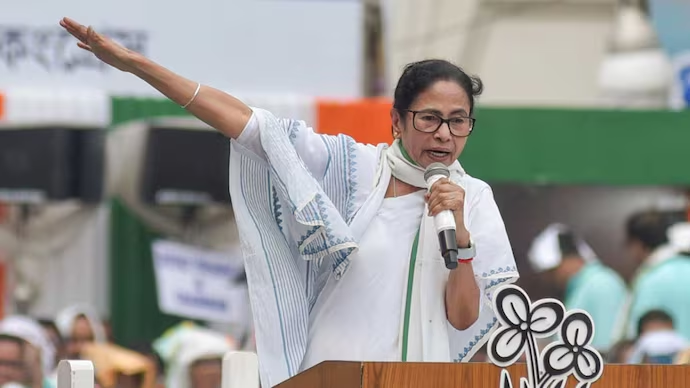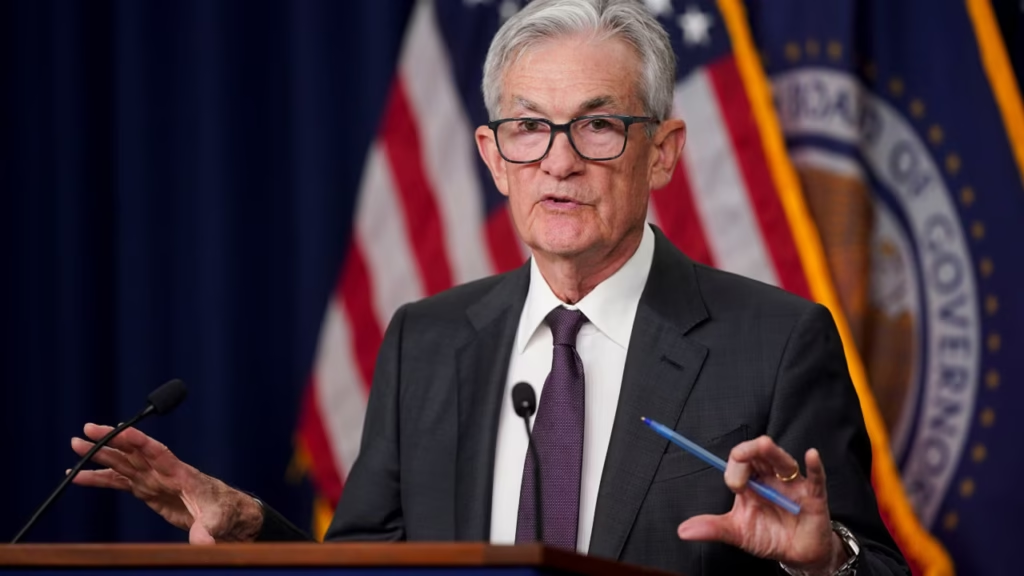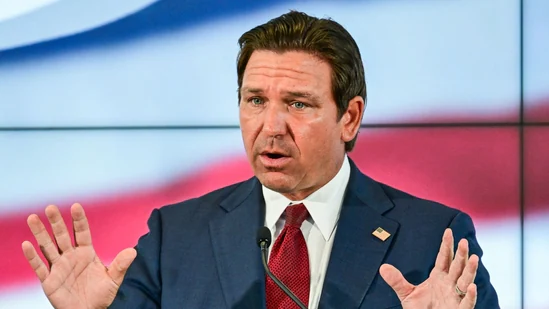Now Reading: Bengal Suspends Officials Amid Row Over Voter List Revision
-
01
Bengal Suspends Officials Amid Row Over Voter List Revision
Bengal Suspends Officials Amid Row Over Voter List Revision

West Bengal has suspended four election officials following serious allegations of manipulating electoral rolls. This move comes after the Election Commission directed action against them, though the state has held off on filing any FIRs—raising questions about both accountability and political pressure.
What Triggered the Suspensions
The Election Commission flagged irregularities in voter registration in the Baruipur East and Moyna constituencies. Two Electoral Registration Officers (EROs) and two Assistant EROs were accused of allowing fake entries and compromising the data security of voter rolls. In response, the EC ordered their suspension along with the initiation of legal proceedings.
Partial Compliance Sparks Debate
The state government complied—but only partially. While the four officials were indeed suspended, the administration stopped short of filing FIRs as directed by the EC. Instead, it launched internal departmental proceedings and conveyed this position in correspondence to the poll panel, citing the need for a fair enquiry process.
Political Tensions Surface
The decision builds on earlier resistance from Chief Minister Mamata Banerjee, who questioned the lawfulness of the EC directive and strongly defended the officials in public. This standoff has heightened political tensions, with critics accusing the TMC of protecting its own rather than ensuring transparency in the electoral process.
Why It Matters for Tier 2 Voters
For residents in smaller towns, these developments strike close to home. They witness how electoral integrity can hinge on both administrative decisions and political calculations. The credibility of voter lists is critical—not just in metros, but in every constituency where people rely on accurate rolls to uphold democracy.
Conclusion
The suspension of election officials marks a step toward addressing concerns about voter list manipulation. Yet without FIRs or clear progress, questions linger over accountability and the rule of law. The climbing stakes make it clear: voter confidence and trust in institutions must matter as much in state politics as they do in headlines.

























